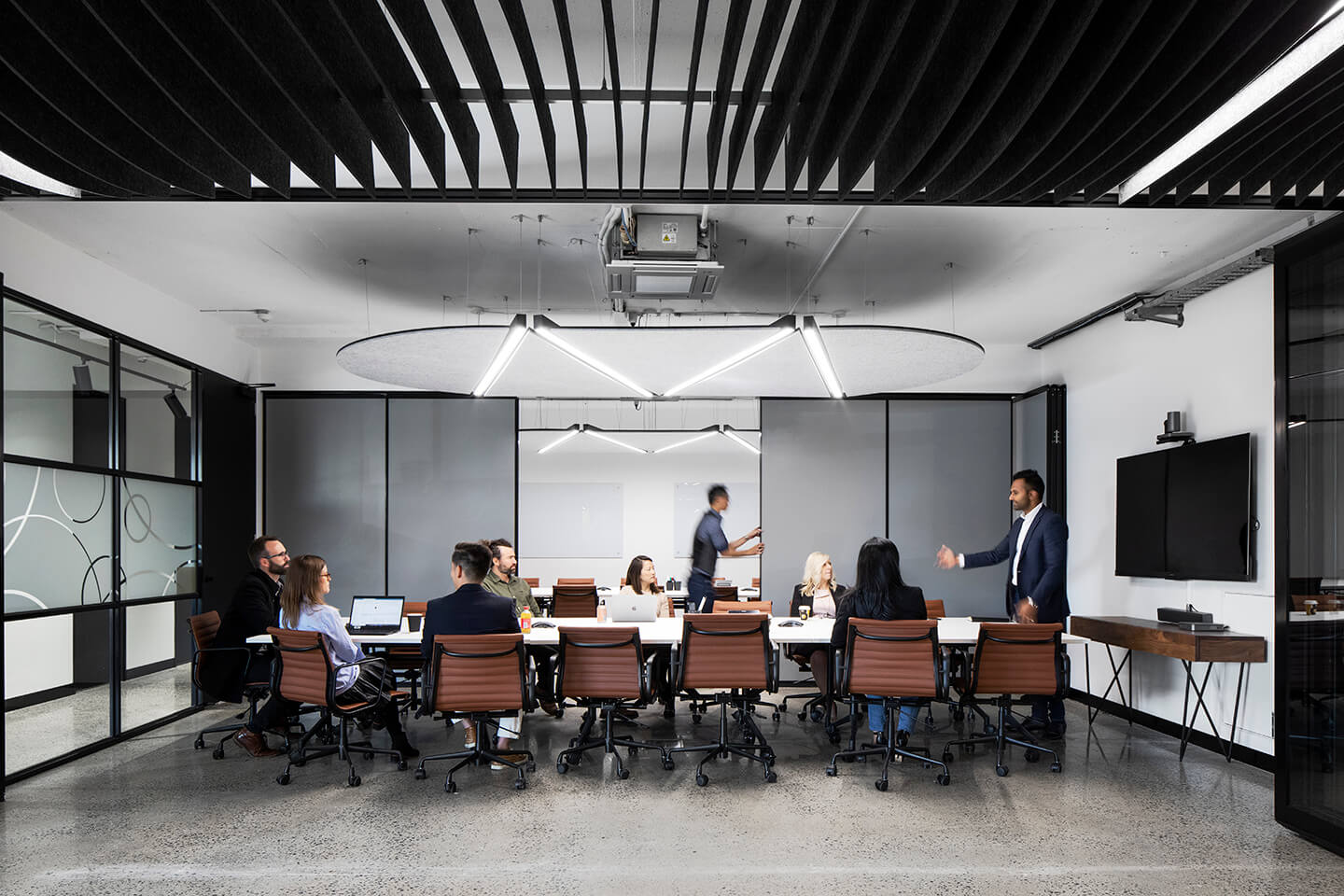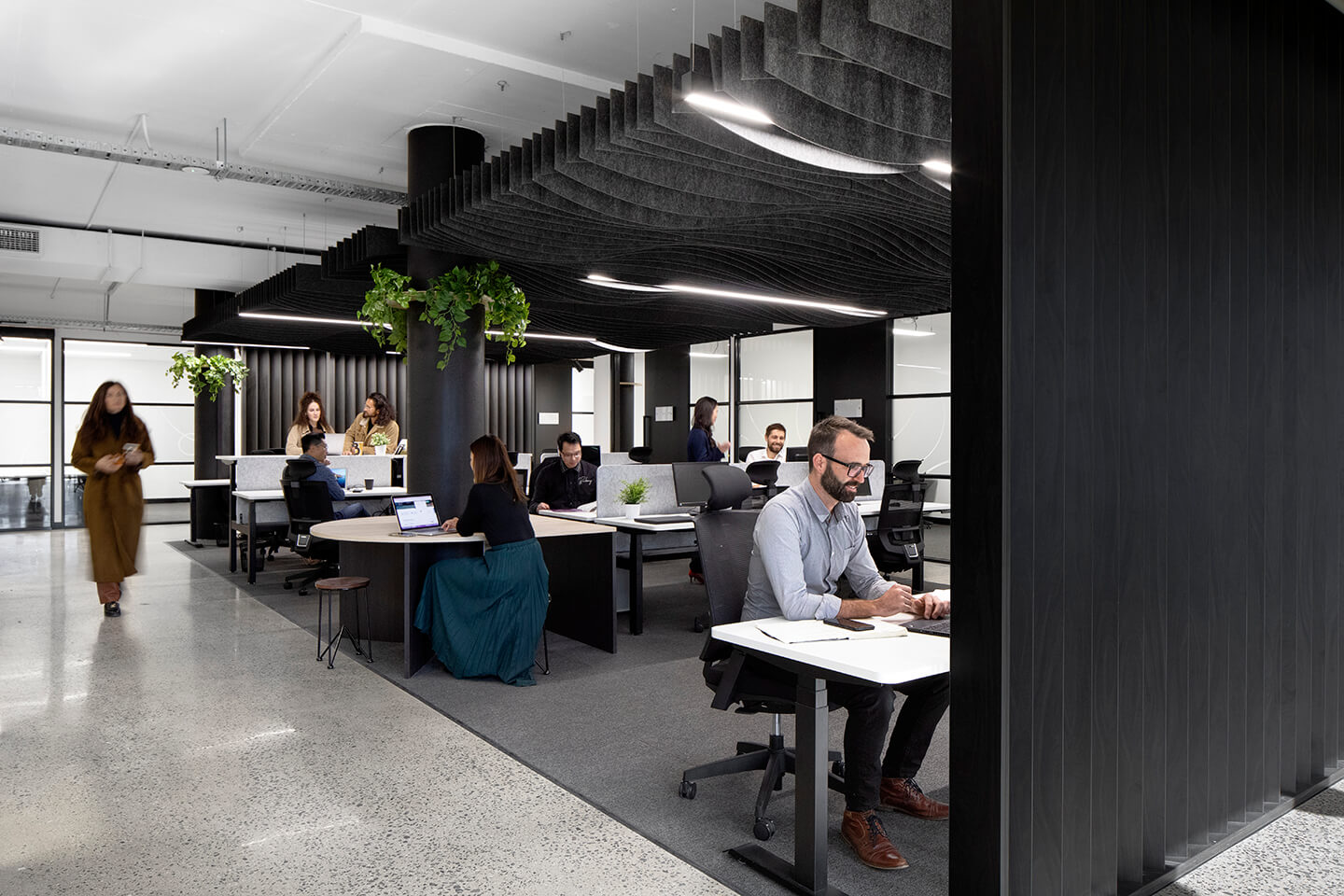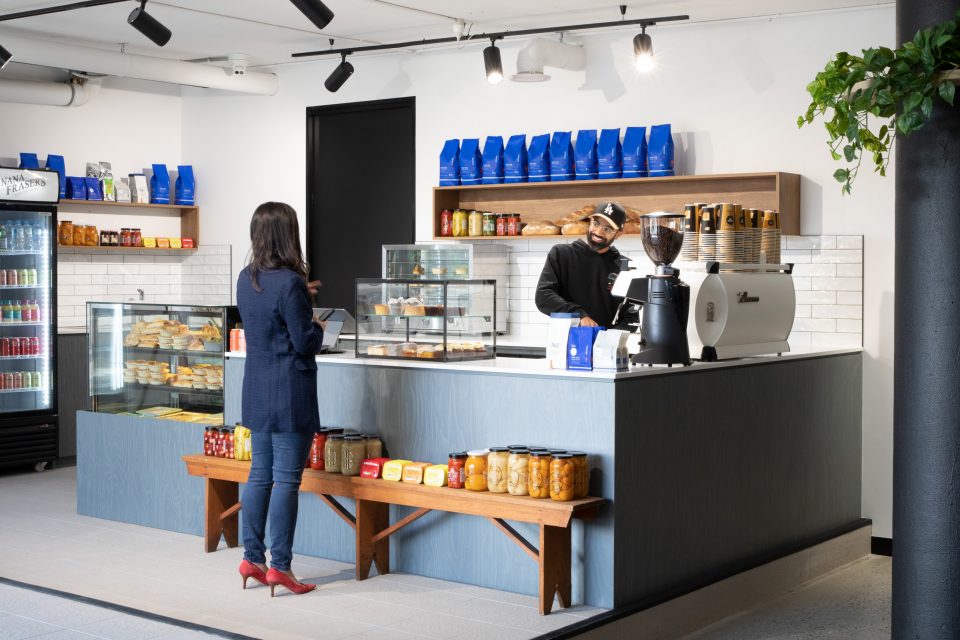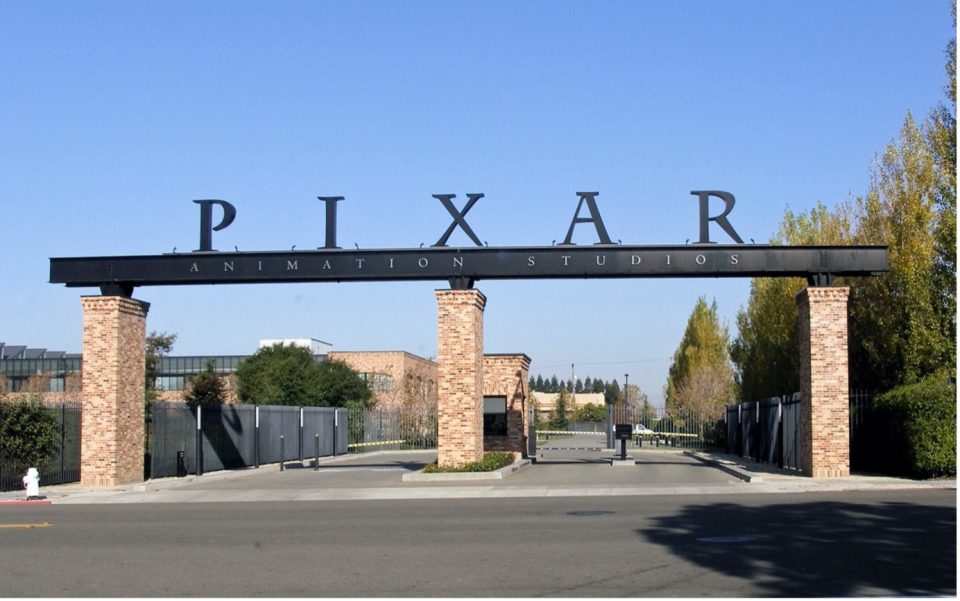The Growth Mindset – And Its Strong Ties To Coworking Philosophies

“Whether its random chats in our café, or formal business mentoring sessions, OUR HQ is all about learning from each other and inspiring collaboration.” – OUR HQ
Carol Dweck and fellow colleagues have dedicated years to the psychological science of understanding the various mindsets adopted in learning. Harvard Business Review provides a case study of their findings. Essentially, individuals who believe their talents are developable and ever-growing (through work on self-improvement) possess that of a growth mindset. Alternatively, those who understand talents to be “innate gifts” or finite – profit a fixed mindset. It is reported that an overarching growth mindset of a workplace lends empowerment to its employees, with greater organisational support for collaboration and the development of new ideas.
Brain plasticity theory is becoming more commonplace. This suggests that brain connections are malleable. Basically, with practice: new connections may be made within neural networks, pre-existing connections may be fortified, and the speed of transmissions may be enhanced. This is to say that your personal growth never reaches an end; there is always more learning to be undertaken.]
Research on the relationship between mindset and the development of new interests highlights the efficacy of adopting a growth mindset.
“If interests are viewed as inherent and fixed — and an interest has already been found — then exploring elsewhere might not seem fruitful.” – Paul A. O’Keefe, Carol Dweck, and Greg Walton, as in Harvard Business Review

Coworking spaces encourage this “exploring elsewhere,” with OUR HQ for example engendering unique “meetings” through its open layout, helping you to think outside of the box. It must be noted, as warned in Harvard Business Review, that a growth mindset does not create amateur interests. Rather, as suggested by this report, it expands interests, fostering connections and engendering novel ideas. For example, a growth mindset may enhance cross-disciplinary problem-solving. Tim Brown (CEO of IDEO design consulting firm) stressed the idyllic “T-shaped person.” Essentially, the vertical line of the T is the “depth of expertise in a field,” with the horizontal line the “ability to work and collaborate across areas.”
Under the theory of A. O’Keefe, Dweck and Walton, a growth mindset of interest may profit successful innovation. For example, architects who are interested in social welfare may design housing catered towards low-income families.
Additionally, a growth mindset may help to address difficulties faced within innovative endeavours. Innovators must have an understanding (that delves below surface-level) of the fields they are reaching across to. Essentially, when information becomes challenging, the interest in that field must be maintained. In this way, a growth mindset of interest, a concept introduced in Harvard Business Review, is desirable to establish resilience. That is, an understanding that there will be some setbacks.
A study was conducted by A. O’Keefe, Dweck and Walton to test this theory. First, students were shown an animated video discussing the intrigue of black holes, found to be captivating across the board. Following this, students read a section taken from a complex academic article on black holes.
“Although most people showed some decline in interest after reading the difficult article, this drop was pronounced for students exposed to the fixed mindset.” – O’Keefe, Dweck and Walton, as in Harvard Business Review
Importantly, those who pertain a growth mindset are said to have a greater sense of purpose; you are competing with yourself to aim higher, as opposed to shallow competition with others. Moreover, the mental pressure intrinsic of the fixed mindset is avoided, with feelings of deficiency common – in the believed rigid nature of one’s ability.
WHAT ARE YOU WAITING FOR?
Join the family & recharge your innovative mind, please call (03) 7064 9669 or email [email protected]




